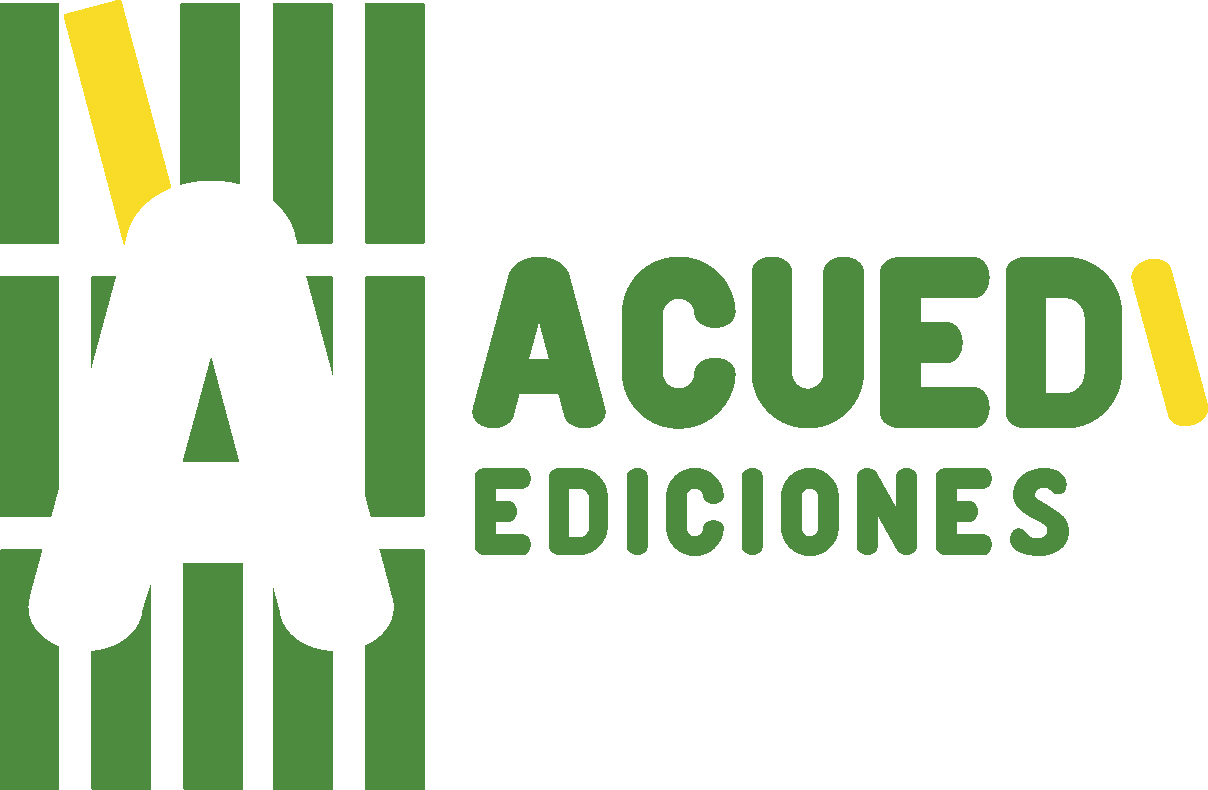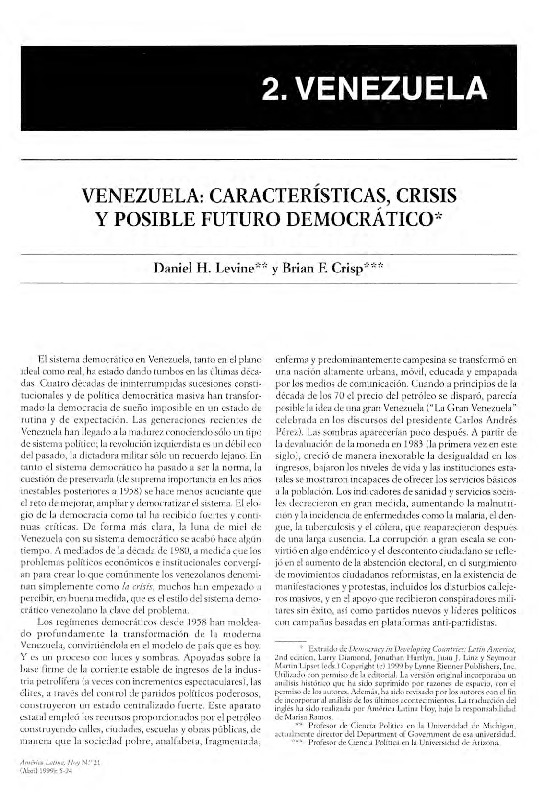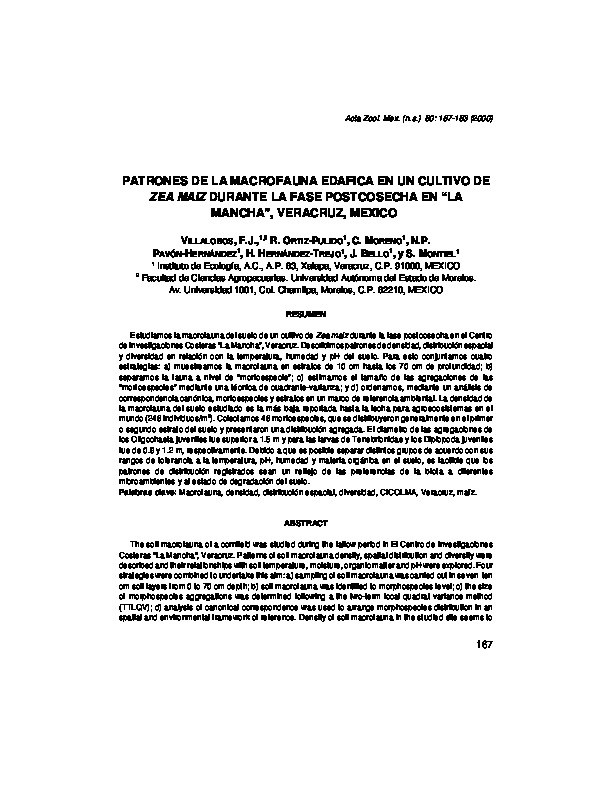Textos
Texto

Studying the role of intercultural competence in language teaching in upper secondary education in the Canary Islands, Spain
Descripción
Since the early 1990s, there has been a growing interest in the cultural dimension of foreign language education, and teachers today are expected to promote the acquisition of intercultural competence in their learners. The present study aims to investigate the role of culture in the teaching of foreign languages and particularly the interrelationship of language and culture in the process of learning/teaching english as a foreign language in an increasingly multicultural society like that of the Canary islands, Spain. It also proposes to delve into the opinions and attitudes of secondary school Spanish teachers of english and their pupils on intercultural competence and to see how and to what extent these opinions and attitudes are reflected in their classroom applications. In order to give the most complete vision possible of this intercultural approach, of its use in the classroom, of its precedents, of its current situation and of the methodological proposals, we hereby present the way we have drawn up two questionnaires in a parallel way to investigate how both students and eFL teachers in upper secondary education in the Canary islands perceive the importance of the intercultural component in the language class.
Clouet, R. (2012). Studying the role of intercultural competence in language teaching in upper secondary education in the Canary Islands, Spain. Onomázein, nro. 26, pp. 309-334.
Categorias:
Colecciones:
Recuerda
La cultura y la educación necesitan de tu apoyo activo.
Información del autor

ACUEDI
ACUEDI son las siglas de la Asociación por la Cultura y Educación Digital. Somos una asociación civil sin fines de lucro, con sede en Lima (Perú), fundada en noviembre del 2011. Nuestro principal objetivo es incentivar la lectura y la investigación académica, especialmente dentro de espacios digitales. Para ello hemos diseñado una serie de proyectos, todos ellos relacionados entre sí. Este es nuestro proyecto principal, nuestra Biblioteca DIgital ACUEDI que tiene hasta el momento más de 12 mil textos de acceso gratuito. Como tenemos que financiar este proyecto de algún modo, ya que solo contamos con el apoyo constante y desinteresado de la Fundación M.J. Bustamante de la Fuente, hemos creado otros proyectos como ACUEDI Ediciones, donde publicamos libros impresos y digitales, y la Librería ACUEDI, donde vendemos libros nuestros y de editoriales amigas ya sea mediante redes sociales, mediante esta plataforma, en eventos o en ferias de libros.ACUEDI



